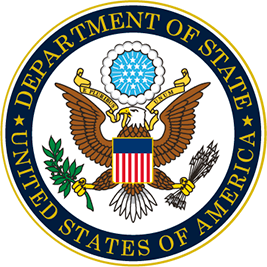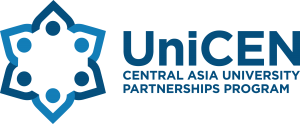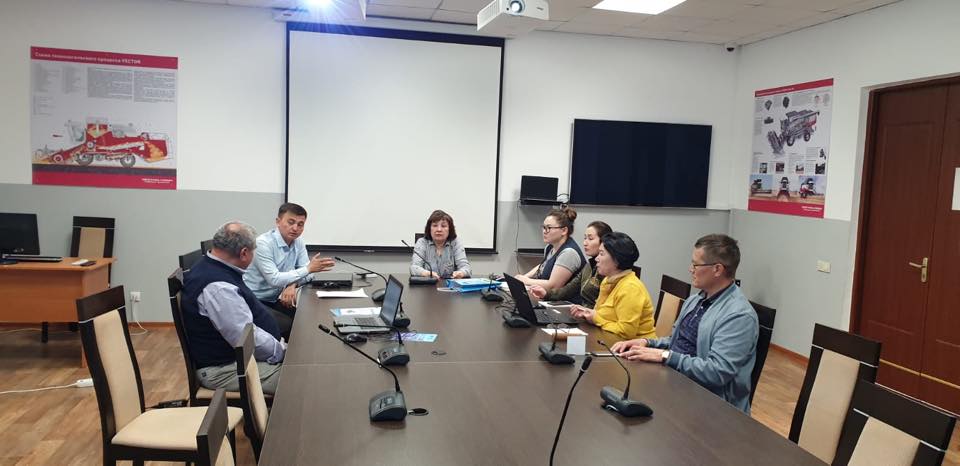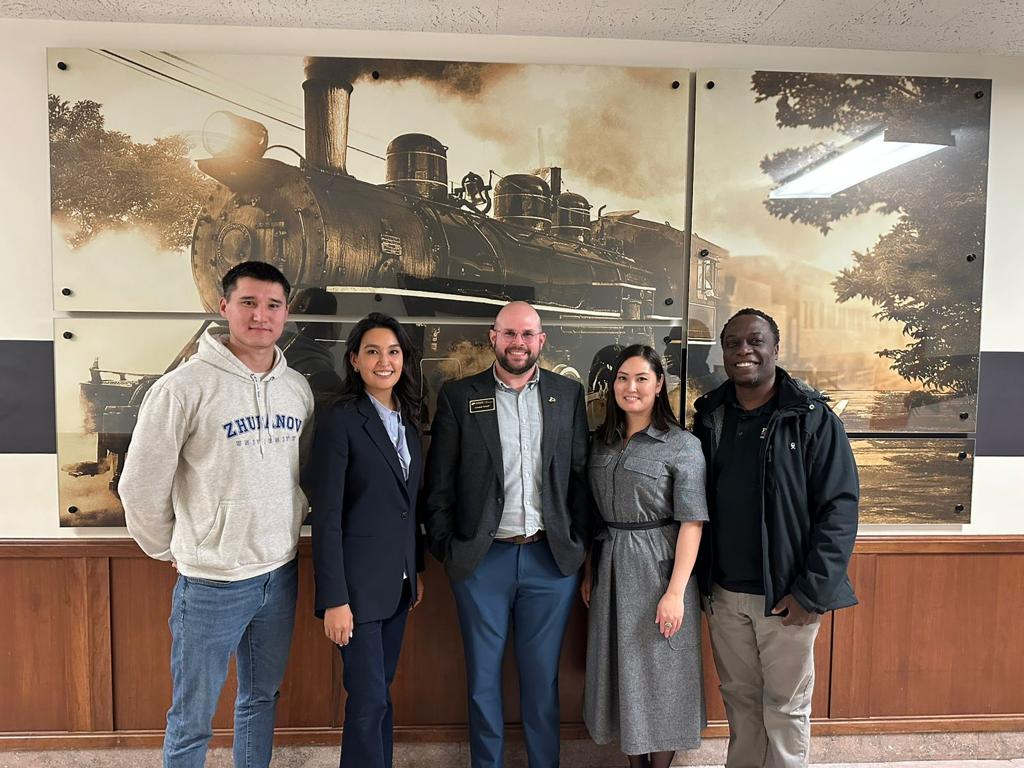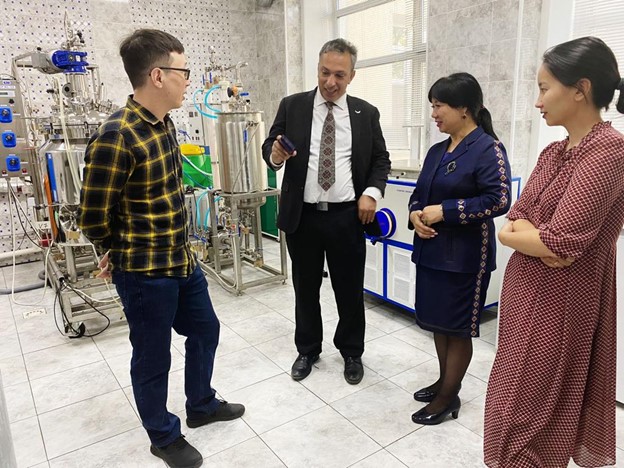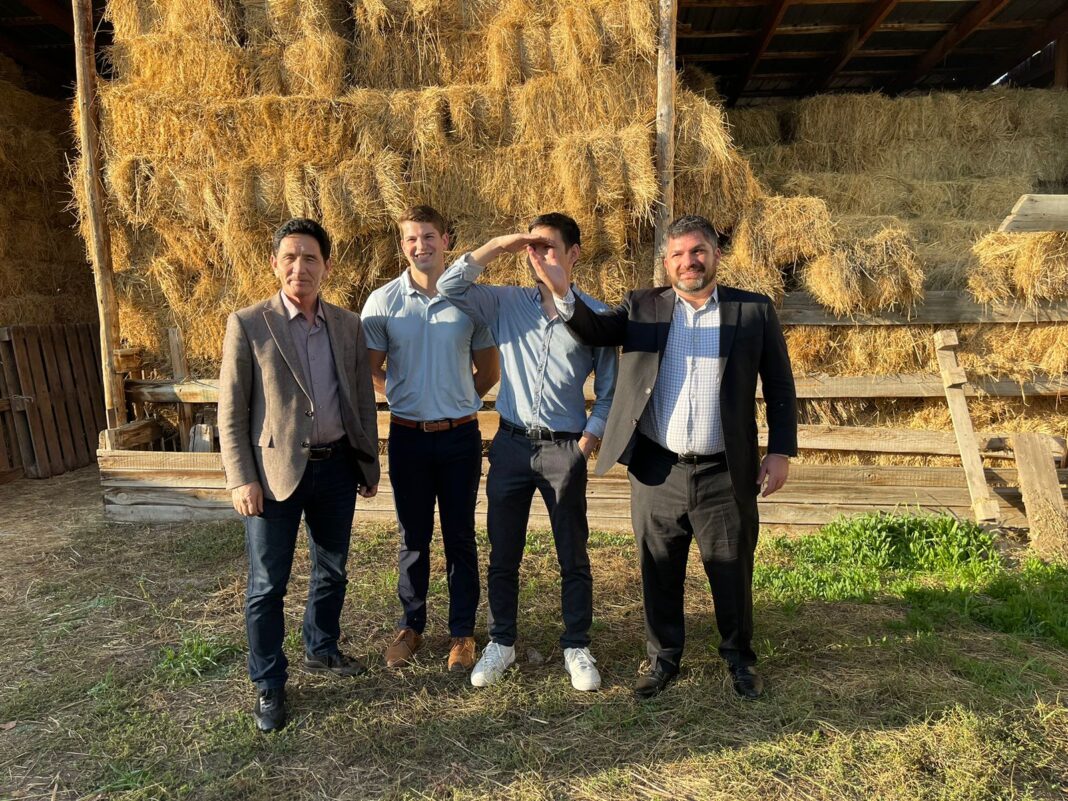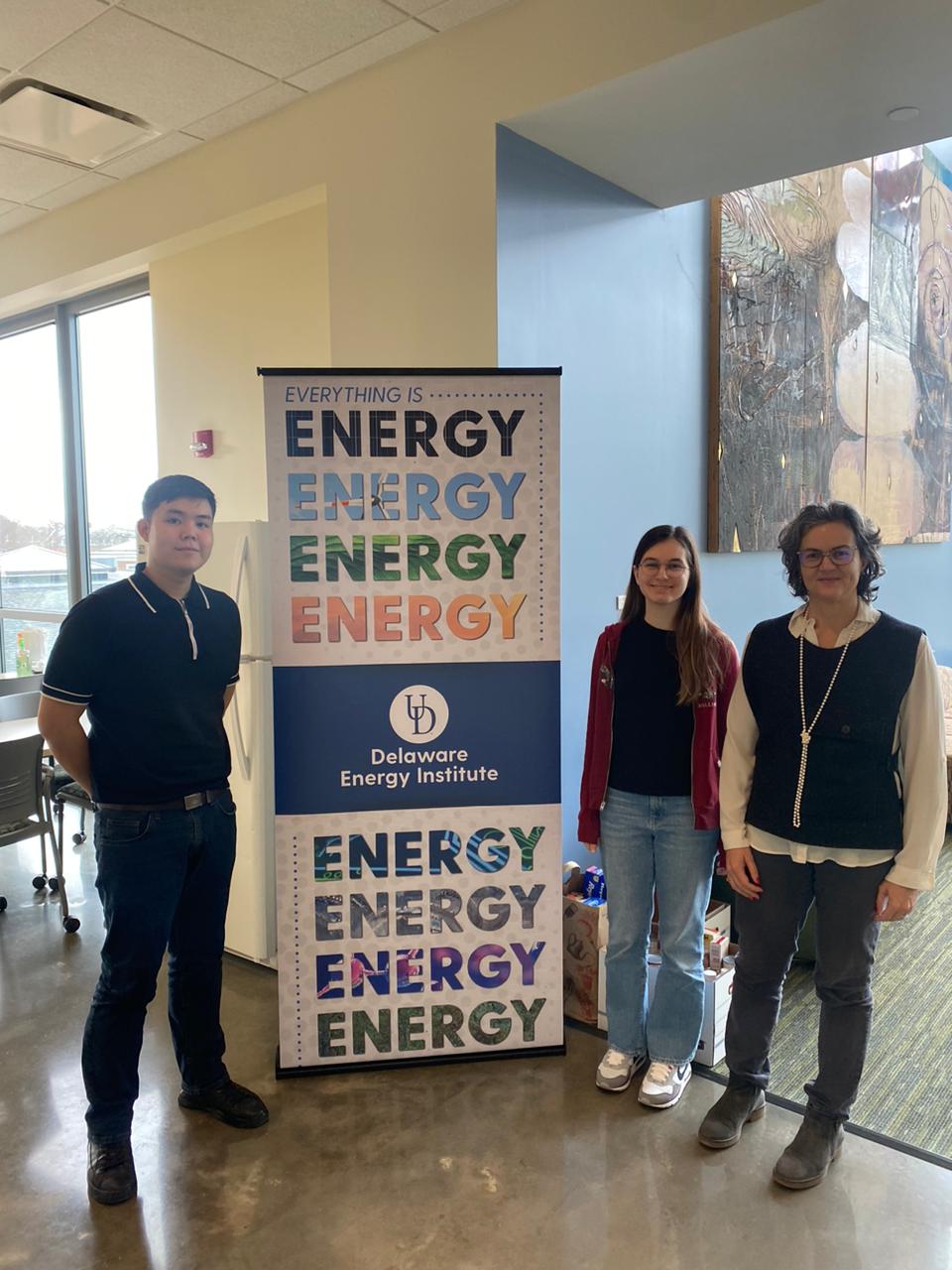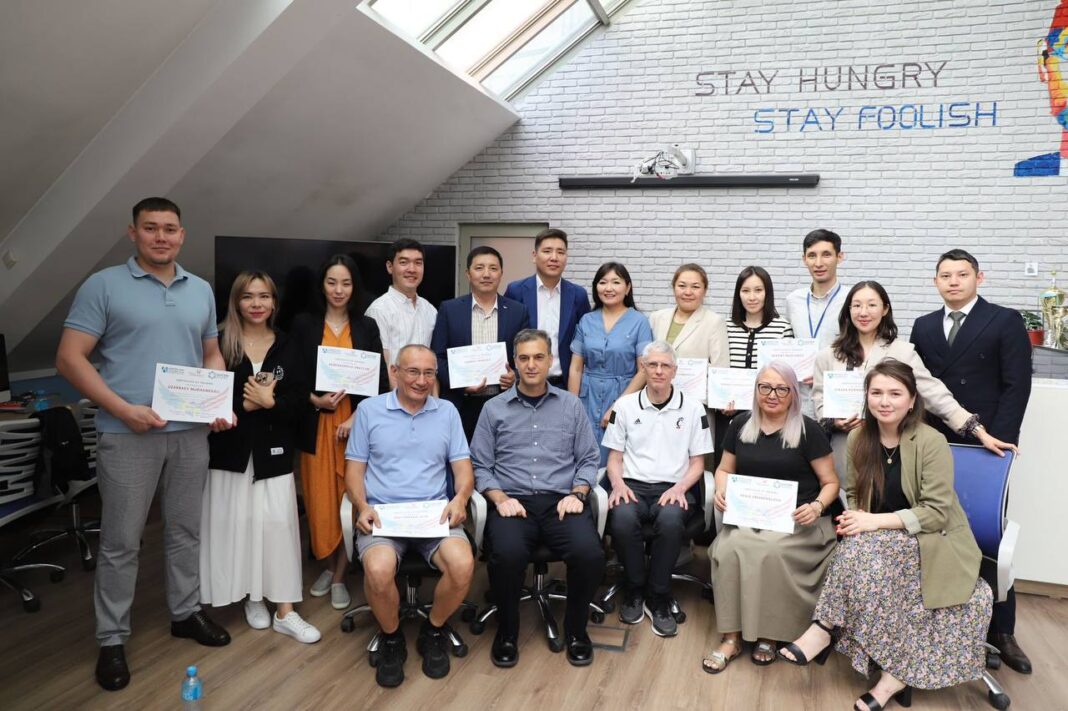Kazakhstan’s economic engine has been powered by fossil fuels, and renewable energy resources remain untapped and underutilized. Through the Central Asia University Partnerships Program (UniCEN), administered by American Councils for International Education and funded by the U.S. State Department through the U.S. Embassy in Tashkent, researchers at Michigan State University and Kazakh Agro Technical University are building capacity on renewable resources and utilization.
As a leading scientific research and education center, the Kazakh Agro Tech University (KATU) expanded its partnership activity with U.S. higher education institutions to advance training materials bioenergy curriculum, course contents, and teaching. Professors launched a 10-credit, 30-week course, “Fundamental of Technologies for Deep Processing of Raw Materials and Production of Biofuels,” which was introduced into the undergraduate program at KATU. To date, 25 students have been trained and successfully passed the second trimester examination session.
Researchers at MSU and KATU are committed to expanding their partnership through joint projects on the energy potential of biomass, renewable resource management, and agricultural resources management and utilization in Kazakhstan.

